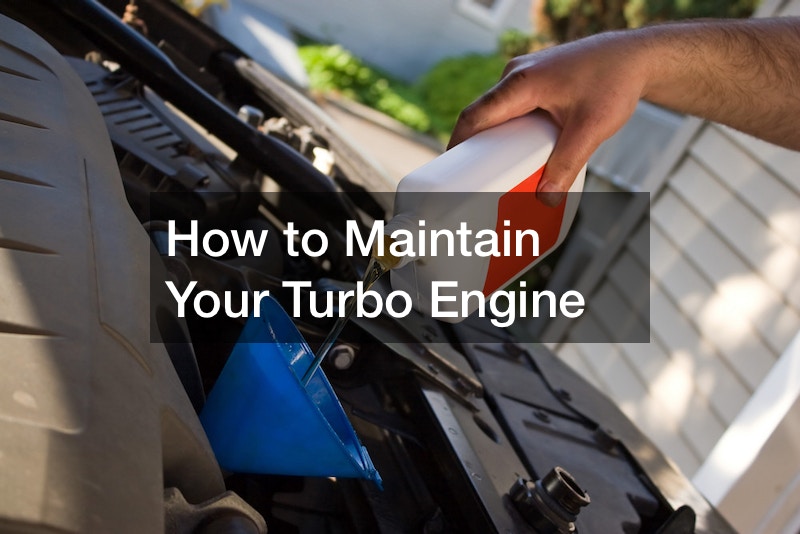
With turbocharged engines becoming increasingly common in everyday vehicles, it’s crucial to adopt practices that promote their longevity and optimal performance. Once exclusive to high-performance cars, turbocharged engines are now found in mainstream vehicles, underscoring the importance of turbo engine maintenance.
The primary focus should be on regular and timely oil changes, a fundamental aspect of turbo engine care. Turbo systems generate considerable heat and friction, necessitating more frequent oil changes to prevent oil contamination, the leading cause of turbocharger failure.
Equally important is the practice of warming up and cooling down your turbo engine. In colder weather, allowing the engine to warm up ensures proper oil flow to the turbo, preventing premature wear.
After intense driving or high RPM operation, cooling down the engine before shutdown is crucial to prevent oil from cooking in the turbo, preserving its longevity.
Consider scheduling routine check-ups and inspections at a specialized turbo charger repairs shop. Turbo engine maintenance shops understand the unique needs of turbocharged engines and offer tailored services to keep your vehicle in top condition. Additionally, regular air filter maintenance is vital due to the increased suction of turbochargers, necessitating more frequent replacements than non-turbo engines.
Adopting smart driving practices is another key element. Avoid consistently operating at high RPMs or heavy loads, as this can overload the turbo and lead to unnecessary wear. Lastly, exercise caution with modifications unless you own a performance turbocharged vehicle, as non-performance cars are not designed to handle aftermarket alterations.
In conclusion, maintaining a turbo engine involves a combination of regular oil changes, proper warm-up and cool-down procedures, visits to a specialized turbo engine maintenance shop, and mindful driving practices. By following these guidelines, you can ensure your turbocharged vehicle performs optimally for years to come.
.




